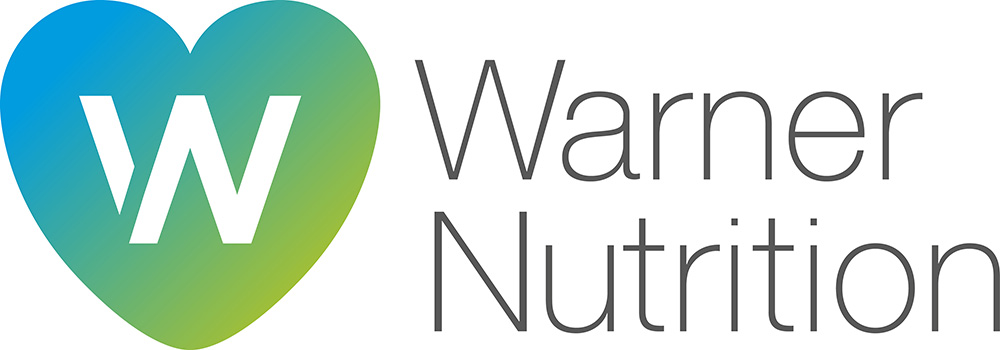Vitamin D and Covid-19, should you be taking a supplement?
3 minute read
Vitamin D has, and continues to be, the subject of much research.. Recently some publications have observed that low vitamin D levels have been seen in individuals who have contracted Covid-19 that have required hospitalisation. This has led to confusion, with many adults and children starting to take high dose supplements and some left wondering whether they should start taking supplements. It is important the public understand the benefits of taking vitamin D, whether they need to take it at all and any risk factors around toxicity of this fat-soluble vitamin.
Firstly, let us look at the role of vitamin D in our body
Vitamin D, a fat-soluble vitamin comes in 2 forms; D₃ (cholecalciferol) and D₂ (ergocalciferol). You do not need to know much about the difference between these two forms other than D₃ is more efficient at raising and maintaining your vitamin D levels. D₃ we make ourselves when we spend time outdoors. We can obtain both types from food, but only small amounts, this is why in the UK many foods are already supplemented with vitamin D. Vitamin D deficiency is common, this vitamin is vital for musculoskeletal health, it importantly regulates calcium and phosphate balance and is a crucial factor for bone health throughout our lives. In addition to this, Vitamin D has a role in cell growth, reduction of inflammation, neuromuscular and immune function, plus, many protein functions within our bodies are modulated in part by vitamin D. It is a busy vitamin with many jobs, you can see why it’s so important!Sunshine, how long do I have to be outside to make enough?
UVB synthesis of vitamin D provides around 70% of our requirement! This varies considerably depending on skin type, cloud cover, pollution, sunscreens, time of day and strength of sun, between 10:00am to 3:00pm is considered best. Most people meet at least some of their needs with just 5-30 minutes of sun exposure depending on skin type, for instance very pale skin only needs 5-9mins. Of course, we need to be sun aware and protect our skin from its damaging effects, which is why many people need to consider a supplement.
Have you ever noticed how healthy your nails are after a holiday in the sun?Toxicity, rare but…
The reason some (particularly children) may be at risk is because fat-soluble vitamins can accumulate in the body (stored primarily in the liver and fat tissues) and are not as easy to excrete than water-soluble vitamins are. Water-soluble vitamins can be flushed out quite easily when we urinate. Symptoms of toxicity include: Muscle weakness, apathy, headache, irritability, nausea, vomiting, bone pain, constipation, abdominal cramps, thirst, hunger, back pain, diarrhoea, hypertension (high blood pressure) and calcinosis (calcium deposits in soft tissue). These can be nonspecific and so it is important to avoid risk altogether. You cannot overdose on vitamin D by too much sunshine. ‘Layering’ can lead to over-ingestion of vitamins, ‘layering’ is when you are consuming a nutrient in many different forms and inadvertently are taking-in much more than is recommended, one layer on top of another. We must remember that some foods are already supplemented with vitamin D such as milk, dairy products, cereals and orange juice, you may already be ingesting enough in a healthy diet. If you spend time outdoors you will be synthesising your own vitamin D very efficiently. You may already be taking a multivitamin supplement and you may already eat foods that contain vitamin D. food sources include oily fish, red meat, egg yolks, liver and fortified foods.Who is most at risk of deficiency?
Those with darker skins, pregnant or breast-feeding mothers, those who cover-up much of the time and those who don’t go outside either because of shift work, lifestyle or institutional environments such as care homes or hospitals. There are some other clinical reasons for deficiency too, such as illnesses whereby a person’s ability to absorb fat is impaired such as IBD, liver disease, cystic fibrosis, celiac disease, Chrohn’s disease, ulcerative colitis. Vitamin D status may also be considerably lower in those who have a BMI of over 30 (obese) or have undergone gastric bypass surgery. Furthermore, corticosteroid medications can reduce vitamin D metabolism.Vitamin D and Covid-19
There have been several published studies suggesting a link between low vitamin D serum levels and poorer outcome from this virus. The National Institute for Health and Care Excellence (NICE) stated no evidence was found after adjusting for confounding factors or poor study design. There is no evidence to support taking vitamin D supplements to specifically prevent or treat COVID-19 (www.nice.org.uk/guidance/es28). What is important to appreciate is that people who are obese and/or have other diseases such as Type 2 Diabetes, are at greater risk of complications (from Covid-19) and therefore would potentially be highly represented in hospitals where the studies took place, furthermore, within these groups, vitamin D status may be already lowered due to their pre-existing condition.Many of the UK population would benefit from vitamin D supplementation especially during the winter months.
The government recommend a safe dosage is 400IU (International Units) or 10 micrograms (may be written as mcg or µg) daily for adults and children over 1 year.
I particularly like the vitamin D sprays, these are so easy to use, you just spray it on your tongue.Stay safe everyone, I’m back in the clinic from 7th September and looking forward to seeing some familiar faces and meeting some new clients.
